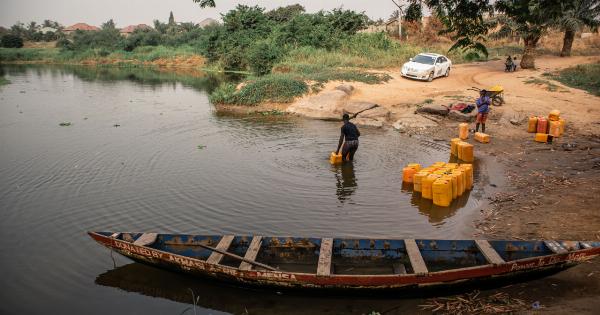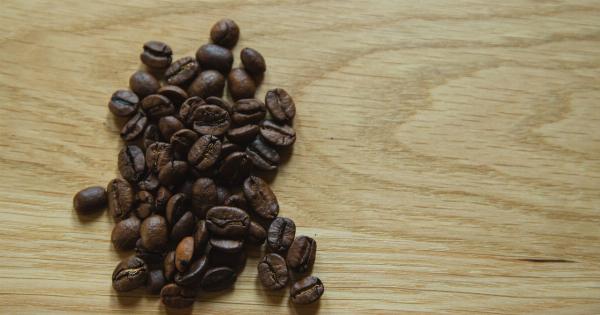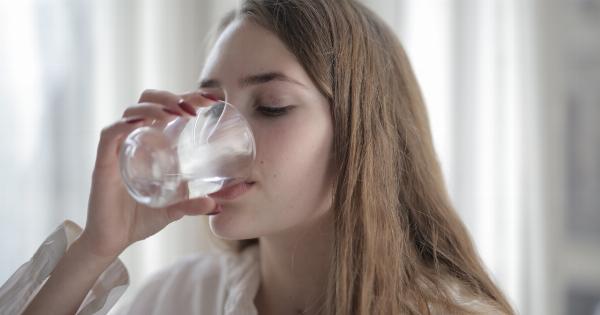Dehydration is a common condition that occurs when your body loses more fluid than it takes in. It can have serious consequences for your health and can even be life-threatening.
Dehydration can happen to anyone, but it is especially common during the summer months or during physical activity. Understanding the signs of dehydration can help you identify it early and take preventative measures to keep yourself hydrated. Here are four telltale symptoms of dehydration to look out for:.
1. Dry Mouth and Thirst
The most obvious sign of dehydration is a dry mouth and persistent thirst. As you become dehydrated, your mouth may feel dry and sticky, and you may feel an intense urge to drink water.
You may also experience muscle cramps and fatigue, as your body struggles to cope with the lack of fluids. If you are thirsty all the time, it is a clear sign that you need to drink more fluids immediately.
2. Dark Urine
Another sign of dehydration is dark urine. When you are dehydrated, your kidneys try to conserve as much water as possible, so your urine becomes more concentrated and darker.
If your urine is a deep shade of yellow or brown, it is a good indication that you need to drink more fluids.
3. Fatigue and Dizziness
Dehydration can also cause fatigue and dizziness. As your body becomes dehydrated, your blood pressure can drop, which can lead to feelings of lightheadedness and dizziness. You may also feel weak and tired and have difficulty concentrating.
These symptoms can make it difficult to perform everyday tasks, and you may even feel like you are going to pass out.
4. Dry Skin and Eyes
Dehydration can also affect your skin and eyes. When you are dehydrated, your body conserves as much water as possible, which means that your skin and eyes can become dry and irritated.
You may notice that your skin feels tight and itchy, and your eyes may be dry and sore. If you experience these symptoms, it is important to drink water and avoid further dehydration.
How to Prevent Dehydration
The best way to prevent dehydration is to stay hydrated. You should aim to drink at least eight glasses of water a day, and more if you are physically active or in a hot environment.
You can also drink sports drinks or coconut water, which contain electrolytes that can help replenish fluids lost through sweating. You should also avoid drinking alcohol and sugary drinks, as they can dehydrate you further.
If you experience symptoms of dehydration, it is important to take action immediately. Drink water or an electrolyte drink and rest in a cool, shaded area. If symptoms persist or worsen, seek medical attention immediately.
Conclusion
Dehydration is a serious condition that can have long-lasting consequences for your health. By understanding the symptoms of dehydration, you can identify it early and take steps to prevent it.
Remember to drink plenty of fluids, especially during the summer months or when engaging in physical activity. If you experience any symptoms of dehydration, drink water or an electrolyte drink and seek medical attention if necessary.





























